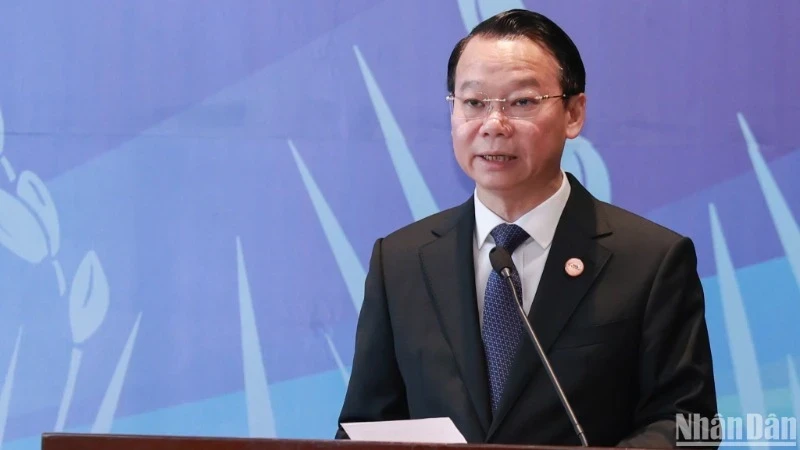
Speaking at the opening of the discussion, Minister of Agriculture and Environment Do Duc Duy said: Currently, we are facing unprecedented challenges such as increasingly severe climate change, rapid biodiversity loss, global food supply chains disrupted by geopolitical fluctuations and the rise of protectionism, food security threatened, and the development gap between countries is increasing. In that context, the most vulnerable groups such as poor farmers, low-income consumers, and fragile nature are suffering the most severe consequences.
According to Minister Do Duc Duy, we cannot solve the climate crisis by creating a food crisis. We cannot protect the environment if we forget about small-scale farmers. And we cannot demand that low-income countries maintain sustainable environmental resources if the world does not share the responsibilities and benefits fairly.
In that context, "Green Revolution 4.0" is not simply an option, but an inevitable requirement, an order for action. This is a revolution that carries the expectation of comprehensively reforming the food system through the application of digital technology, artificial intelligence, big data, biotechnology and innovative solutions.
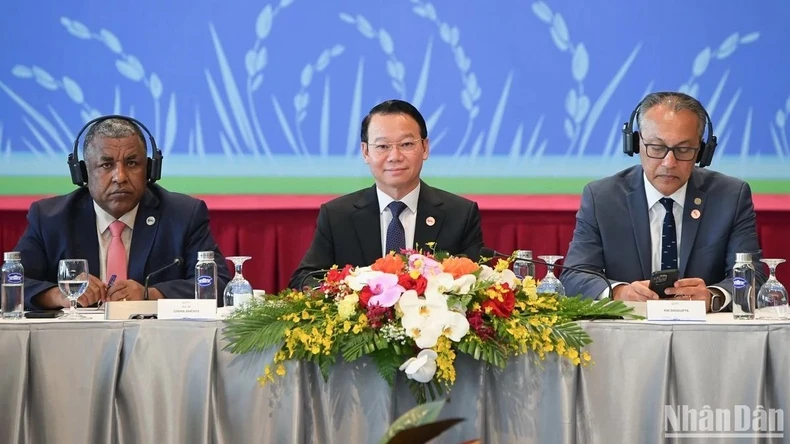
According to Minister Do Duc Duy, the Green Revolution 4.0 not only helps increase productivity and product quality, but also reduces resource consumption, cuts emissions and increases resilience to climate change, thereby creating the premise to improve farmers' livelihoods and enhance consumer welfare.
Green Revolution 4.0 not only helps increase productivity and product quality, but also reduces resource consumption, cuts emissions and increases resilience to climate change, thereby creating the premise to improve farmers' livelihoods and enhance consumer welfare.
Minister of Agriculture and Environment Do Duc Duy
"The theme "Catching up with Green Revolution 4.0: The journey to transform the food system for a sustainable era" emphasizes the vital role of innovation, application of digital technology, green technology and multi-stakeholder cooperation, public-private partnership in creating a sustainable and equitable future for humanity," affirmed Minister Do Duc Duy.
The head of the Ministry of Agriculture and Environment also affirmed that in Vietnam, agriculture plays a particularly important role in ensuring food security, social stability and livelihoods for over 60% of the population; contributing 12% of the national GDP (2024 data).
From a country with a low starting point, once facing poverty and food crisis, Vietnam has today risen to become one of the world's leading agricultural exporters, bringing agricultural products to nearly 200 countries and territories.
However, with limited resources, it is estimated that only about 10.3 million hectares of land can be used for agriculture, and Vietnamese agriculture is facing many major challenges.
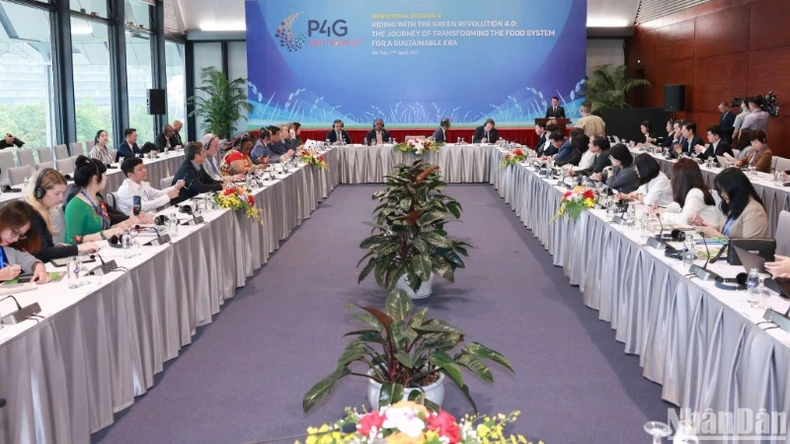
Minister Do Duc Duy said that there can be no prosperous agriculture if natural resources continue to be threatened, if soil continues to degrade, if the climate continues to warm.
According to the Minister, to address these challenges, the Ministry is gradually implementing the process of transforming agriculture towards green, smart and sustainable. In particular, identifying innovation, focusing on research, application of modern science and technology, and digital transformation as the core to create breakthroughs for the agricultural sector.
Minister Do Duc Duy also said that the Vietnamese Government has issued the Strategy for Sustainable Agricultural and Rural Development for the 2021-2030 period, with a vision to 2050; the National Action Plan for Transforming a Transparent, Responsible, and Sustainable Food System in Vietnam by 2030; the Project for Science Development and Application, Technology Transfer to Promote Circular Economy in Agriculture by 2030. The Project for Sustainable Development of 1 Million Hectares of High-Quality and Low-Emission Rice Cultivation Associated with Green Growth in the Mekong Delta by 2030" is a bright spot in green transformation.
The Vietnamese Government has issued the Strategy for Sustainable Agricultural and Rural Development for the 2021-2030 period, with a vision to 2050; the National Action Plan for Transforming a Transparent, Responsible, and Sustainable Food System in Vietnam by 2030; and the Project on Science Development and Application, Technology Transfer to Promote Circular Economy in Agriculture by 2030.
“All of this demonstrates Vietnam’s determination to develop a modern, sustainable agriculture that is responsible to nature and people and in line with the general development trend of the world,” Minister Do Duc Duy affirmed.
However, the Ministry of Agriculture and Environment is also deeply aware that no country can succeed alone in the journey of transforming the food system. This is an effort that requires joint action between countries, international organizations, businesses, scientists and farmers. Especially in the context of the global trade order being at risk of fragmentation, when tariff barriers and protectionism are emerging.
“Vietnam believes that only substantive multilateral cooperation, based on fairness and mutual respect, can help us overcome the enormous challenges of food security, biodiversity, climate change, equitable and sustainable development for each country and on a global scale,” Minister Do Duc Duy affirmed.
Emphasizing the role of the P4G Forum as a connecting hub and an ideal space to build joint cooperation initiatives, mobilize resources and share knowledge, Minister Do Duc Duy suggested that partners share the following practical topics:
Firstly, policies to promote the application of technology and innovation in agricultural production to effectively use resources, improve productivity, quality and especially reduce emissions. This is an inevitable direction for the agricultural sector to adapt to climate change and at the same time contribute to the goal of net zero emissions that many countries are aiming for.
Second, the role of regulatory agencies, international organizations and the private sector in technology transfer, financial and technical support and capacity building for farmers, especially small-scale farmers. Close and comprehensive coordination among all parties is a prerequisite to ensure the effectiveness and sustainability of transformation programs.
Third, is the sharing of experiences, models and good practices from countries in developing green and circular agriculture, while ensuring food security and livelihoods for people. Valuable experiences will contribute to enriching our common thinking and actions.
The Minister believes that with the participation of leading leaders and experts in the fields of agriculture and environment, today's discussion will create important steps forward, contributing to shaping a sustainable global food system, meeting the requirements of the Green Revolution 4.0 and ensuring food security, protecting our only planet forever green for future generations.
Source: https://baolangson.vn/cach-mang-xanh-4-0-yeu-cau-tat-yeu-de-phat-trien-nen-nong-nghiep-ben-vung-5044287.html



![[Photo] National conference to disseminate and implement Resolution No. 66-NQ/TW and Resolution No. 68-NQ/TW of the Politburo](https://vphoto.vietnam.vn/thumb/1200x675/vietnam/resource/IMAGE/2025/5/18/adf666b9303a4213998b395b05234b6a)


![[Photo] General Secretary To Lam visits exhibition of achievements in private economic development](https://vphoto.vietnam.vn/thumb/1200x675/vietnam/resource/IMAGE/2025/5/18/1809dc545f214a86911fe2d2d0fde2e8)



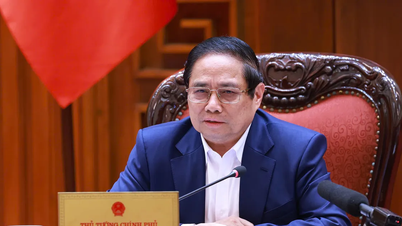

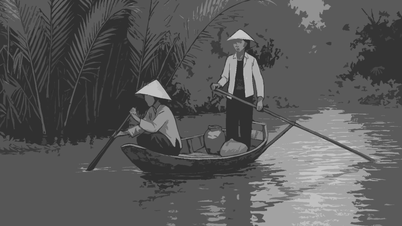

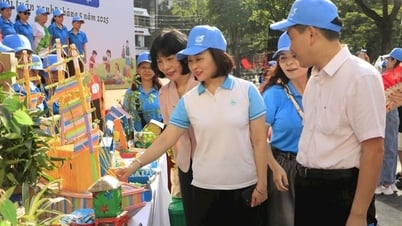
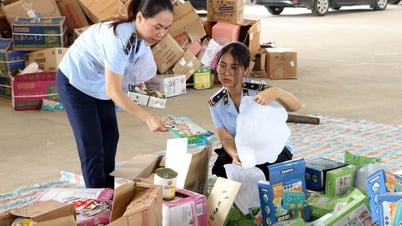

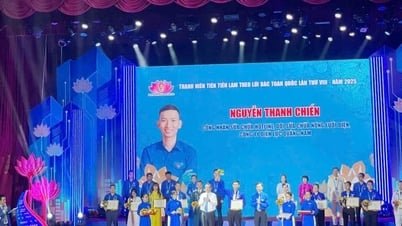





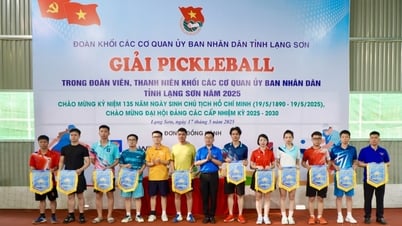
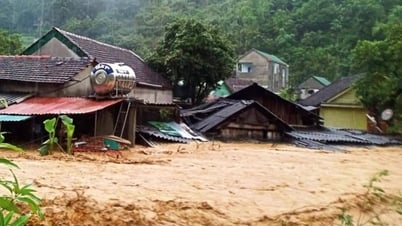
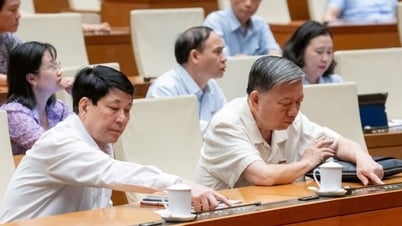
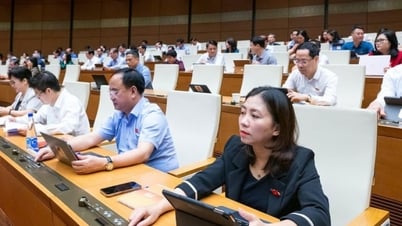

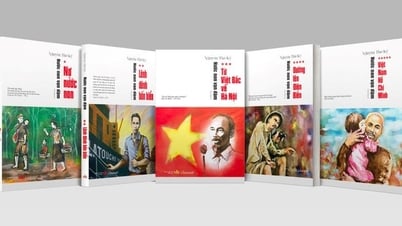
![[Photo] Prime Minister Pham Minh Chinh chairs meeting on science and technology development](https://vphoto.vietnam.vn/thumb/1200x675/vietnam/resource/IMAGE/2025/5/17/ae80dd74c384439789b12013c738a045)
![[Photo] More than 17,000 candidates participate in the 2025 SPT Competency Assessment Test of Hanoi National University of Education](https://vphoto.vietnam.vn/thumb/1200x675/vietnam/resource/IMAGE/2025/5/17/e538d9a1636c407cbb211b314e6303fd)

























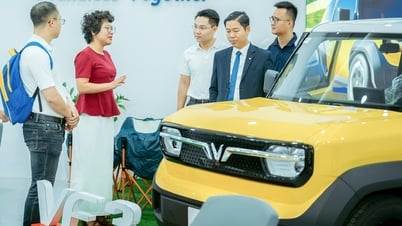



















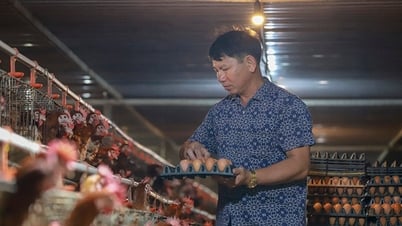

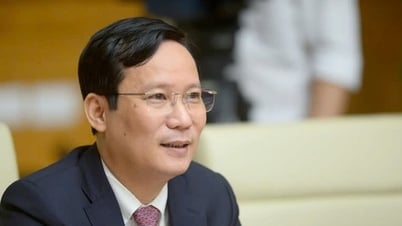









Comment (0)